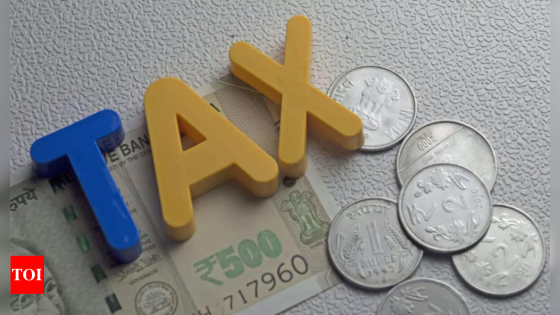An investigation led by Senate Finance Committee Chairman Ron Wyden, D-Ore., has discovered what he sees as new red flags surrounding the equity fund of former President Donald Trump’s son-in-law Jared Kushner. In three years of work, Kushner’s fund, Affinity Partners, has taken billions from foreign investors and made over $100 million in investment fees. Yet in that time, Wyden points out in a letter to Affinity, the firm has not “distributed a penny of earnings back to clients.” Wyden now warns that Kushner’s fund’s behavior is lending weight to suspicions that have existed since Affinity’s founding: that it was a potential tool for foreign governments to curry favor with a possible future Trump administration.
“Affinity’s investors may not be motivated by commercial considerations but rather the opportunity to funnel foreign government money to members of President Trump’s family, namely Jared Kushner and Ivanka Trump,” Wyden wrote in the letter to Affinity. “Affinity’s failure to deploy capital in a timely fashion while charging excessive fees has reinforced my view that Affinity is likely part of a compensation scheme involving U.S. political figures designed to circumvent the Foreign Agents Registration Act.”
Chad Mizelle, Affinity Partners’ chief legal officer, has denied accusations that the fund has behaved inappropriately or failed to comply with any laws.
But Wyden is right to be raising questions about Kushner’s fund. According to The New York Times, of the $3 billion the fund has secured for investment, 99% comes from overseas sources — mostly the Saudi government’s Public Investment Fund. As the Times reports, the private equity industry research firm PitchBook “found that most private equity firms started to pay at least some profits within 2.5 years.”
That Kushner’s fund hasn’t distributed earnings yet doesn’t necessarily mean it is doing something untoward, but it does raise questions — especially given the history of the fund. The nature of Saudi Arabia’s investment in Kushner’s fund set off alarm bells years ago. According to a 2022 Times report, a screening panel for the Saudi sovereign wealth fund expressed several concerns about investing in Kushner’s fledging private equity fund, including:
‘[T]he inexperience of the Affinity Fund management’; the possibility that the kingdom would be responsible for ‘the bulk of the investment and risk’; due diligence on the fledgling firm’s operations that found them ‘unsatisfactory in all aspects’; a proposed asset management fee that ‘seems excessive’; and ‘public relations risks’ from Mr. Kushner’s prior role as a senior adviser to his father-in-law, former President Donald J. Trump, according to minutes of the panel’s meeting last June 30.
But despite this laundry list of concerns about investing with Kushner — whose past experience was in real estate, not private equity — Saudi Crown Prince Mohammed bin Salman went ahead and invested $2 billion anyway.
As I wrote at the time, the investment was so large and so financially imprudent that it prompted observers to ask whether it was the returning of a favor. Kushner and Salman, often known as MBS, reportedly formed a close relationship during the Trump administration, and Kushner reportedly defended MBS in the White House after Saudi government agents murdered journalist Jamal Khashoggi at the Saudi consulate in Istanbul.
At the same time, there is a question as to whether MBS could view the investment as a down payment on an extra Saudi-friendly future Trump administration.
Kushner has told the Times that any delay in investing funds was the result of market conditions. But given what we know, it is impossible to rule out an informal quid pro quo type of dynamic in the whole arrangement. Kushner’s fund is a convenient vessel for Saudi Arabia — and investors from other Gulf states, including Qatar and the United Arab Emirates — to signal support for Kushner, and thus his father-in-law. Kushner has said he won’t serve in another Trump administration, but even if we can take him at his word, he’s still part of Trump’s family, and he has a direct line to Trump to advise him informally.
Kushner’s private equity fund continues to act as a potential instrument for autocratic foreign governments to quietly influence U.S. policy, and the odder its behavior as a fund, the more it will appear to serve as a possible de facto laundering operation. If Kushner wanted to avoid such concerns — because corruption comes not just from conflict of interest, but the appearance of it — he could have declined to do business with foreign investors from countries he worked with closely during his time in the White House. Instead, he has chosen to cash in, and the legitimacy of American democracy is footing the bill.
This article was originally published on MSNBC.com
Source Agencies


